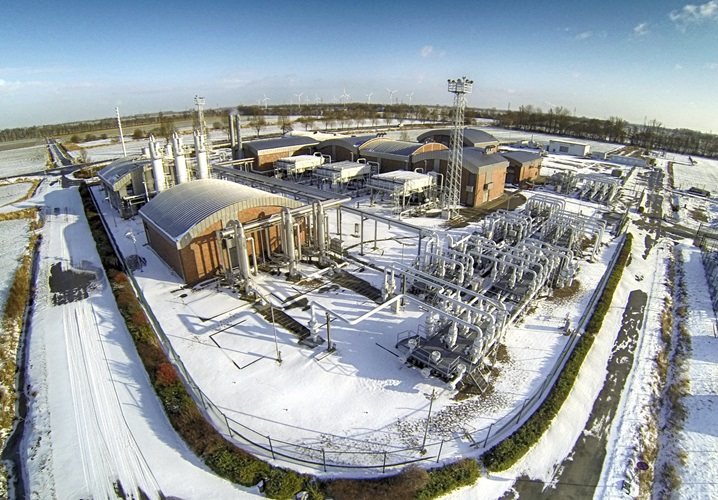
01.03.2018
It gets cold at the end of winter. In Germany and other EU Member States security of gas supply is once again the focus of attention. Italy gives out an early warning as a precautionary measure. France concludes the introduction of a storage regulation.
Due to the onset of winter at the end of February, significant volumes of gas are currently being supplied from German gas storage facilities. In recent days, an average of 2,300 gigawatt hours per day has been taken out of gas storage. At the top, gas storage facilities even supplied 2,700 gigawatt hours per day.
"This time the late onset of winter was overcome by sufficient storage levels. INES has repeatedly pointed out in the past that, however, especially at the end of a winter, sufficient storage levels should be ensured", commented Bernd Protze, INES Director. "History shows time and time again that such cold periods can still occur beyond February," adds Peter Schmidt, Deputy Director of the INES Board.
Not only in Germany, the onset of winter is closely monitored. In Italy, the early warning stage has already been proclaimed for fear of a gas shortage. The early warning level is part of an EU crisis management system, which was introduced by the EU Regulation on ensuring a safe gas supply. Measures to increase security of supply have also already been taken in France. At the beginning of the year, the political decision was made to transfer gas storage into a market-based regulatory system designed to ensure adequate storage fillings.
"Basically, it is clear that a well-developed and necessary infrastructure needs a reasonable framework in order to reliably fulfill this task in the future," says Alain Caracatzanis, INES Board Member. "In L-gas supply, the situation is clear. After the announcement of significant cuts in gas production in the Netherlands, we should finally set up a safety reserve," says Peter Schmidt. But even with the H-gas supply, there should be no more taboos in the discussion. "Natural gas production in continental Europe will decline in the future. Even more important is the contribution that gas storage makes for a secure supply. In Germany, half of the national daily demand for natural gas is already covered by gas storage. The new federal government should therefore urgently set incentives in the gas market model for storage companies to be fairly remunerated for their contribution to a safe gas supply and optimizing the network utilization," explains Michael Schmöltzer, INES Board Member.